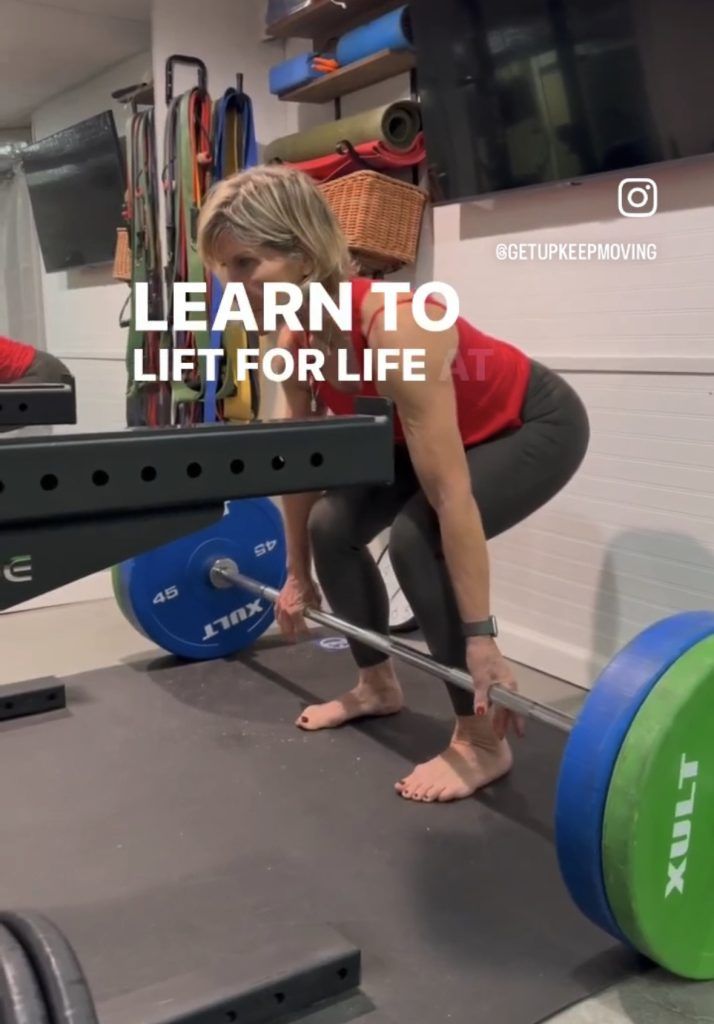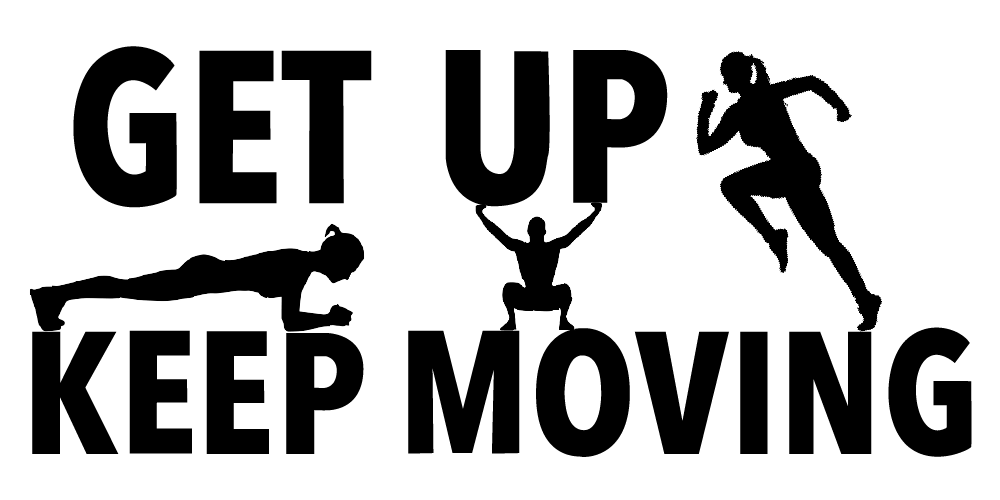Hello friends~
My gift for you this holiday season and for 2023 are the most important things you need to know about getting and staying strong.
This issue is with acknowledgement and thanks to my friends, the experts at Feisty Menopause, (especially Selene Yeager, the author of the content in this issue), where researchers, doctors and athletes have been steadfastly getting the message out that menopause is not the end of anything, except for the ability to give birth. In fact, it might be the beginning!
Join, and sign up for Level Up, for podcasts, live sessions, and videos – with so many resources you need. I am SO happy to be a part of the community, including the Hit Play Not Pause FaceBook Group. I think you’ll love it too.
Make and Maintain Your Muscle.
If you haven’t started strength training yet, this is YOUR year! Muscle is essential not just for physical performance, but also for quality of life and good health through menopause and beyond.
Higher muscle mass improves your vitality and longevity, lowers your risk for heart disease, and can help reduce vasomotor symptoms like hot flashes and night sweats associated with menopause. And training muscular strength is good for your brain.
As neurophysiologist Louisa Nicola explained during Feisty Menopause episode 87 Better Brain Health, 80 percent of your brain’s gray matter is modifiable by physical activity. She also told us about new research showing that when you strength train you get a rapid release of the hormone irisin, which is so powerful for brain health, research suggests it could be an effective therapy for treating deficits in the brain that occur from Alzheimer’s disease. Put strength training on the top of your resolutions list.

Stay Curious
Have you felt like menopause has affected performance, or done a number on your athletic identity? There might be times when you’re just not feeling the love for your sport or activity, so it can help to explore other outlets for your athletic/physical expression. Try changing perspective. Try something completely new, and be patient with yourself as you learn it. Find out if it lights you up, and try another new activity periodically. You might find that you’ll come back to your sport with renewed energy.
Use Mobility As Preventative Medicine
You might be very active, and exercise plenty, but generally also sit plenty. That’s me for sure, as I sit here writing this – and admittedly perusing websites and online shopping! When I row, bike, and lift, I have to be aware of moving my joints through their full range of motion, not repeatedly doing the same moves, which can set the stage for aches, pains, and injuries, especially during this time of life when our joints are more vulnerable.
Eat! To Stay Healthy…And Heal
Not eating enough doesn’t seem like it would be a problem, when so many people are concerned about weight gain during menopause. But if you’re not eating enough protein, your muscles can’t synthesise – grow and heal. As you read in the last ThoughtBox newsletter, that’s about 30 grams per meal and 15 to 20 grams per snack spread throughout the day to support your training and maintain healthy muscle mass. You also need carbs to fuel your activity and prevent low energy availability.
Carbs are your friend, not the enemy, especially your complex carbs, will also help you achieve your fiber needs, which should go up to 30 grams a day during menopause. Fiber can prevent constipation, keep your pelvic floor healthy, and prevent diseases including heart disease, diabetes, and cancer.
Foster Your Relationships
Having strong, positive relationships will keep you healthier and happier. People’s level of satisfaction with their relationships at age 50 is a better predictor of physical health than cholesterol levels, and keep you healthier than diet, exercise, or genes. People who are most happy in their relationships at 50, were the healthiest at age 80.
Prioritize Your Pelvic Floor
Are you leaking? I am. Very personal: I have a prolapse which has improved, to my relief and to the surprise of my gynecologist. A medical professional had told me to stop lifting heavy since after having 6 vaginal births it would become worse. Obviously I didn’t heed that advice – I’ve been strengthening the pelvic floor muscles and doing breath work, and it’s gotten better!
Vagina Coach, Kim Vopni explains during Feisty Menopause episode 109 Get a Buff Muff with the Vagina Coach, that women tend to wait until leaking is really interfering with life, sometimes even complete loss of bladder control. Women wait on average 6 ½ to 7 years to address these problems, while a man would probably “wait 6.5 seconds if something was wrong with his penis.”
For far too long it has been considered a normal part of aging, and that women were to just accept wearing pads, and stop doing the activities they love. That’s just not true. YOU DON’T HAVE TO SUFFER. There are many therapies and tools available to help remedy prolapse, incontinence, and other pelvic floor issues. A pelvic floor therapist can help. From Feisty Menopause: If there are none in your area, working through therapies online with an expert like Vopni at vaginacoach.com is a great place to start.
Be Open-Minded on Hormone Therapy
It’s finally changing. For many years it was thought that HRT should only be used for a few years – but then what if symptoms return or continue? I am so fortunate to have a gynecologist – who delivered 4 of my 6 kids – who totally gets me as an athlete, and who offered HRT many years ago. He has effectively adjusted the dosage to address continued night sweats, and no more soaked sheets!
Hormone therapy is now being promoted by many doctors as the first line of preventive care. Other doctors maintain that it should be a last resort, leaving women in the middle wondering what to do. I’d love to see hormone therapy be considered just another tool in a menopausal woman’s toolkit in 2023, and not necessarily the last tool she reaches for after years of soaking sheets and disrupted sleep. We need to move away from the notion that menopause symptoms are just “bothersome”. NAMS Medical Director Dr. Stephanie Faubion: The State Of Menopause severe vasomotor symptoms (VMS) like hot flashes and night sweats don’t only hurt performance, but also have been tied to heart disease, mood disorders, and other negative health conditions They’ve also been linked to weight gain. You don’t have to “tough it out”.
It’s also important to recognize that some women don’t find HRT helpful, and, of course, not every woman can take hormones. Talk with a doctor you trust who really knows you and who understands you, as the athlete you ARE.
I am SO grateful to you for reading my newsletter, and I wish you great health and happiness for the holidays and through 2023! Let me know if there are subjects that you’d like to learn more about.
Onward~
Polli





One Response